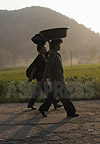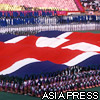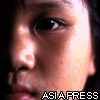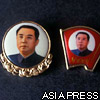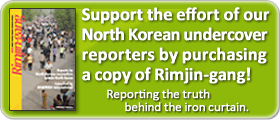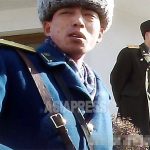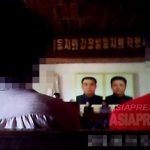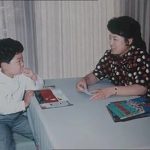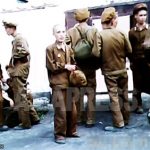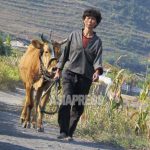|
Among East Asian countries, only the people of North Korea have been left behind and deprived of freedom and prosperity. Why? Because the North Korean society is suffering from a kind of illness for which no doctor is able to give a clear diagnosis. The illness is so serious that the best doctors are not sure what is causing it and what treatment should be provided. Besides, the patient refuses to have its pulse checked and doesn't even want to take its clothes off for check-ups.
Isolated North Korea does not seem to be able to find a cure by itself either. If that is the case, what should be done? I thought we could help our sick neighbor by gathering accurate information from inside North Korea and providing it to concerned parties on the outside so that they would know what kind of helping hand the patient truly needs. Trying to find both the diagnosis and the treatment was the very reason why we wanted to cultivate a group of journalists inside North Korea. We believed creating an information network connecting the people in North Korea with the outside world would help us understand what's wrong with our neighbor. In broader terms, we thought such an information network would in the long run help improve human rights and the daily lives of North Korean people, as well as ease tensions between the two Koreas and contribute to the peace and stability of East Asia. If a diagnosis were made based on incorrect information, it could worsen the patient's condition. Unfortunately, in both Japan and South Korea the image of North Korea remains stereotyped. The old image of North Koreans as brain-washed, robot-like people who turn their heads right if General Secretary Kim Jong-il orders them to is a good example of the wrong diagnosis. North Korea is in the midst of tremendous change. People may not turn their heads as ordered. After the planned economy collapsed, the people built jangmadang -- markets -- and expanded their own economic activities. As a result, more and more people are now trying to support themselves on their own despite strict totalitarian control. If we want to know what North Korea is like today, we have to exchange our old yardstick for a new one. For those of us in media, politics and academics, it is essential to follow the changes in North Korean society in order to prescribe the necessary medication. This prescription should be used to help the country open up without creating confusion, help it reform its economy and rectify human rights abuses. Over the years we have met several hundred of North Korean people who crossed the border into China both legally and illegally. Among them, several wanted to return to North Korea and report on what is happening inside. We decided to support their firm determination to let the world know how North Koreans live and think. The creation of this magazine represents the birth of North Korean journalists working for foreign media. We considered it important to have an English edition along side the existing Japanese and Korean editions in order to appeal to a broader audience. By obtaining high quality information reported by journalists directly from inside North Korea, interested groups will know better what relief aid the country needs, for example, or what kinds of reform North Korean society will have to make. More than anything else, the readers will learn that people in North Korea are just like you and me, not brain-washed robots. The inauguration of the Rimjin-gang is also a totally new experience for the North Korean people. News of the existence of this magazine and journalists inside the country will spread throughout North Korea. Since the Foundation Day 60 years ago, the North Koreans never experienced the freedom to say what is on their minds. They may learn from the existence of such a magazine that there is hope for North Korea to be a free, prosperous and democratic society. I want readers of the English edition to understand that the Rimjin-gang is still like a baby learning to walk. Our North Korean journalists are still inexperienced and you may find it difficult to read and understand what they are writing in their sometimes stilted prose. Still, I think you will be able to feel and know what's going on inside the isolated country, how its people think and live. Thank you ISHIMARU Jiro, editor and publisher North Korean journalist, LEE Jun>>>
|

